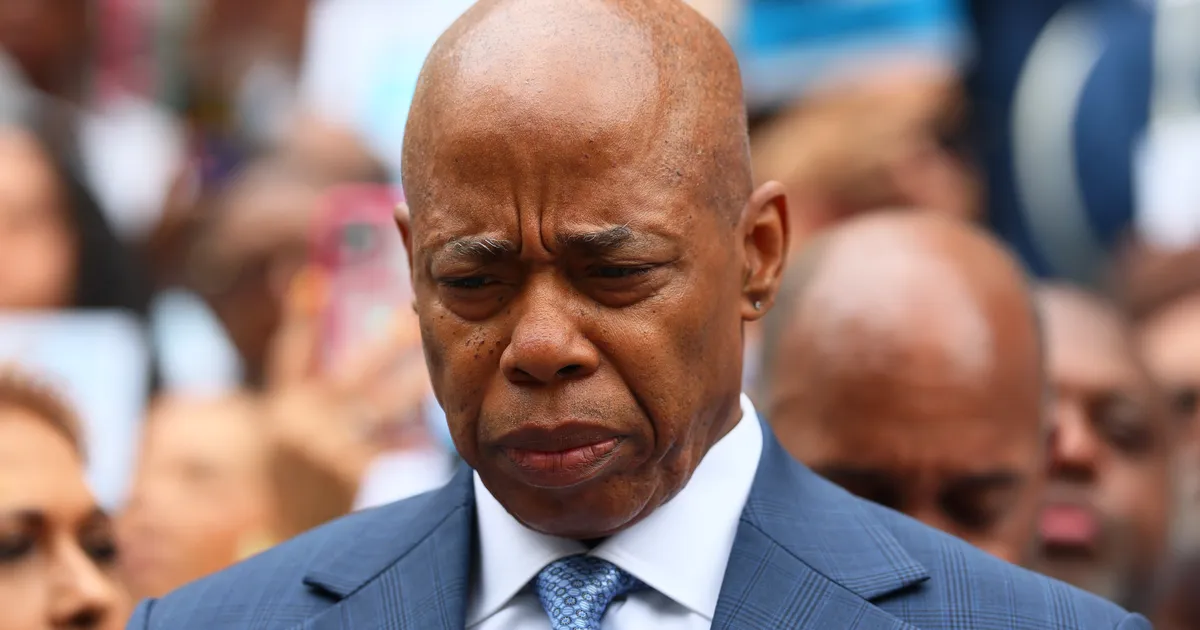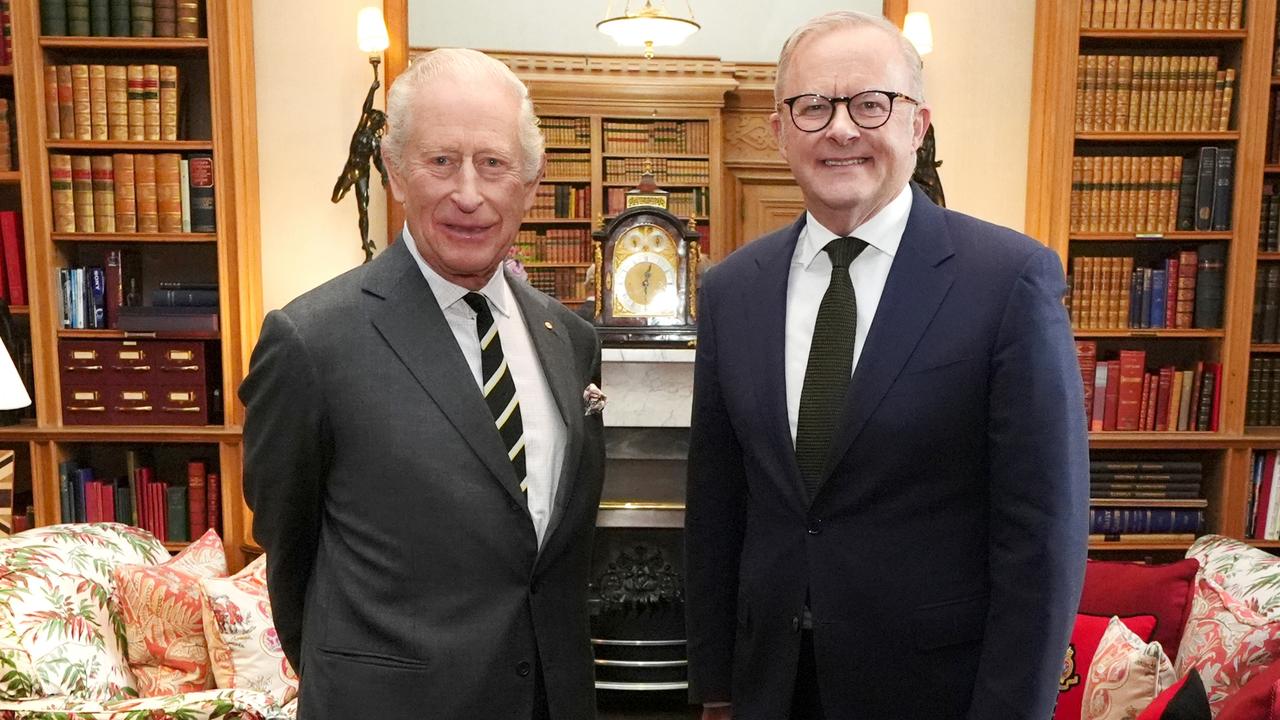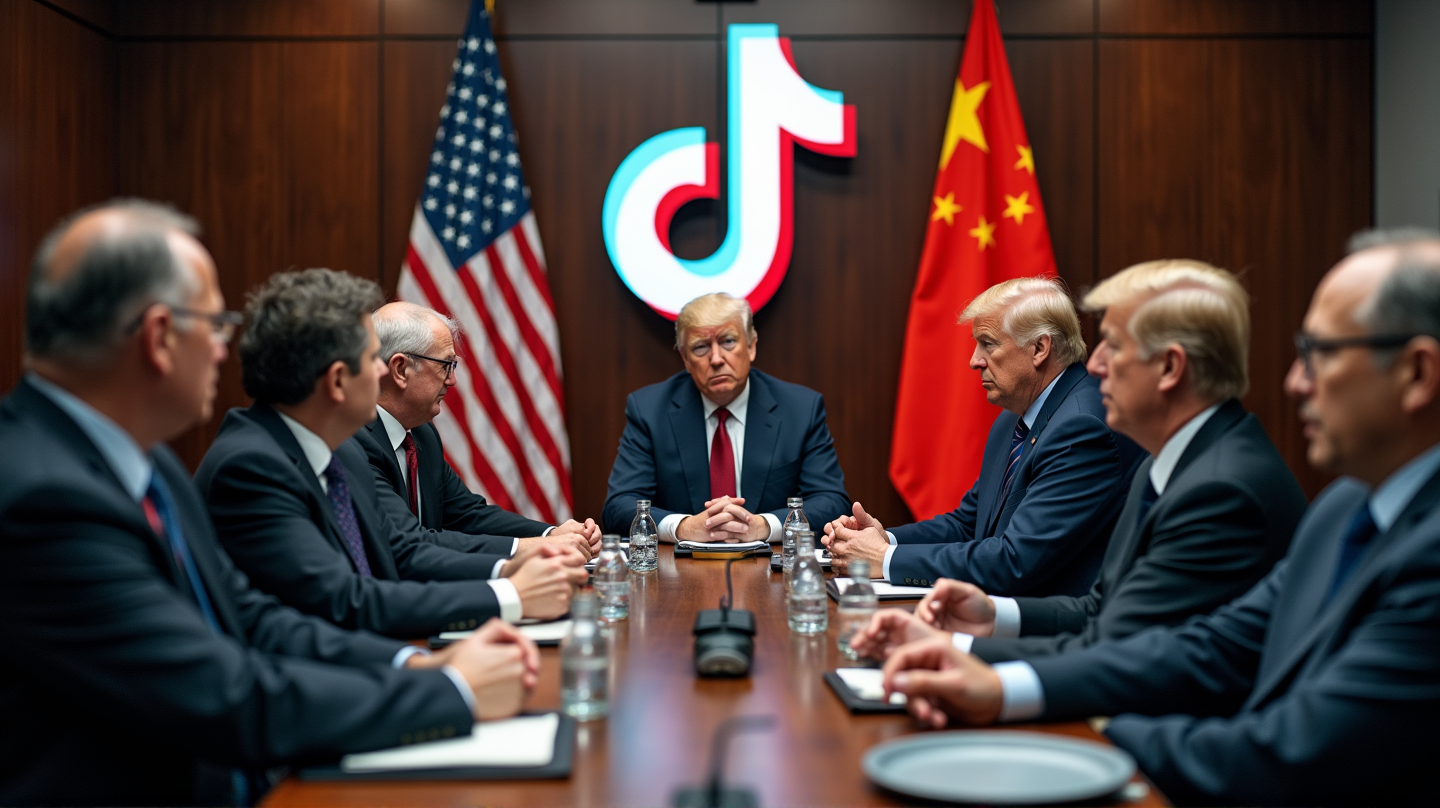
To hear Mayor Eric Adams tell it, the unpopularity of his administration and the implosion of his re-election campaign was all somebody else’s fault. It was rumor-mongering news outlets that scared off his donors, he said in a video statement, and a hostile Campaign Finance Board that refused to approve the millions in matching funds he needed. The fact that he was arrested last year and charged with taking bribes and illegal campaign contributions before the charges got dropped by the Trump administration? “I was wrongfully charged because I fought for this city. And if I had to do it again, I would fight for New York again,” he said.
Nowhere does Adams so much as hint at the cronyism, corruption, and bad decisions – some dating back more than a decade – that plagued his administration, alienated his supporters, attracted a large field of challengers and doomed his re-election chances.
“I predicted all of this. I said that Eric Adams, if you elect him, we would have chaos and corruption, and we had so much of that,” Curtis Sliwa, the Republican candidate for mayor, told me shortly after Adams quit the race. “I did not like this guy. I knew he was corrupt.”
Assemblyman Zohran Mamdani, the candidate who is leading in the polls, was equally dismissive. “What we see today is an illustration of what so many New Yorkers are tired of,” he told me. “They are tired of the politics of backroom deals. They are tired of a politics that has delivered them the most expensive city in the United States of America. And in many ways it doesn’t change the focus of this campaign, which is on working class New Yorkers and ensuring they can afford the city they call home.”
The kindest words for the mayor came from ex-Gov. Andrew Cuomo, the third candidate in the race, who is trailing Mamdani by double digits in most polls. “Mayor Adams has much to be proud of in his accomplishments,” Cuomo said in a social media post. “Whatever differences we may have, Eric Adams’ story is undeniably one of resilience, a testament to the spirit of this city.”
Cuomo’s solicitousness reflects his need to capture as many votes as possible from the working class Black, Latino and Orthodox Jewish communities that lifted Adams to victory four years ago. It also signals the start of a Cuomo/Adams alliance to try and stop Mamdani, according to Frank Carone, Adam’s close ally and former chief of staff. “The mayor, like me, believes we have an existential threat from candidate Mamdani, who we believe to be unserious in his policies,” Carone told me. “Public safety is the North Star. We don’t believe this man has a scintilla of knowledge of how to do that.”
Mamdani’s response? Bring it on. “Andrew Cuomo also wanted me to be his opponent in the Democratic primary, and we beat him by 13 points then, and I’m just as confident about winning this race on November 4th,” said Mamdani. “Whether it’s Andrew Cuomo, whether it is Curtis Sliwa, what New Yorkers want is a politics that actually speaks to the future of this city, to make this city one that’s affordable, and they’re not going to turn to a disgraced former governor to deliver that when he’s been the architect of what has pushed so many New Yorkers out of these five boroughs.”
As the remaining candidates battle it out, it’s not too soon for journalists and historians to begin correcting Adams’s self-serving explanation of why his re-election was impossible. Like any autopsy, it’s not a pleasant sight, but the dizzying number of arrests, phone seizures, guilty pleas and resignations that plagued the Adams administration were not a surprise to anybody who’d watched the mayor’s actions as Brooklyn Borough President.
Within weeks of arriving at Borough Hall a decade ago, Adams was taking foreign trips, raising money from shadowy sources and breezily waving off accusations of conflicts of interest. He went to Senegal and Azerbaijan, Israel and Turkey. He traveled to China to seal a sister-city deal with Beijing and announced a $2 million allocation of public funds to build a 40-foot “friendship arch” in Sunset Park. A nonprofit started by Adams associate Winnie Greco raised over $200,000 from local donors to move the project forward. But the arch remains unbuilt to this day.
“I have no idea what happened to the money. We did go looking for it, because we were interested in following through on this arch commitment,” current Borough President Antonio Reynoso told me. “To some degree, the problem we have is just the dynamics of how it was built. Public private partnership from China? It just didn’t make any sense at all. Why not build an archway that the Department of Cultural Affairs and our office makes a permanent structure to celebrate the Chinese community here in Brooklyn? We don’t know where the money is. If we were to re-engage, it would be a completely different process. All public money, no private investment.”
Bad habits from Brooklyn were transferred to City Hall. Mayor Adams last year held a press conference in Manhattan’s Chinatown to announce plans to raise money for – you guessed it – another friendship arch, to be paid for with $56 million in city and state funds.
Other bad habits traveled to Manhattan. An inveterate micromanager, Adams was known to drive his commissioners crazy by ordering specific personnel placements deep inside agencies and claiming to possess a near-perfect level of expertise in city operations. “I am the only mayor, and probably, I don’t know who’s the last one, I think Beame, that has actually worked in a city agency. I know city government,” he told reporters in June of 2023. “When I sit down with my DOE chancellor, when I sit down with the Department of Parks, when I sit down with everyone, I know what is happening. Every other mayor had to turn over those agencies and allow people to just run them the way they desire. That’s not how I function.”
That “I-know-everything” attitude was a formula for disaster, creating bureaucratic bottlenecks and frustrating many of the world-class administrators who perform daily miracles to keep New York running. Adams’s habit of disrupting bureaucracy to help friends also meant that City Hall frequently ended up altering or reversing decisions that had been publicly announced.
Earlier this year, a plan to convert Elizabeth Street Garden into 123 units of senior housing – a project started a dozen years ago – was abruptly scuttled by Adams and First Deputy Mayor Randy Mastro. “After a dozen years of work from two administrations in collaboration with Habitat for Humanity, Eric Adams and Randy Mastro have decided to throw that all away,” said Annemarie Gray, executive director of the organization Open New York.
The redesign of McGuinness Boulevard, a hazardous thoroughfare in Brooklyn, was approved by the Department of Transportation, then paused and changed multiple times, apparently at the behest of the owners of Broadway Stages, a local business that opposed the redesign and enlisted the help of Adams’s chief advisor, Ingrid Lewis-Martin. She was arrested earlier this year along with the owners of Broadway Stages, who the Manhattan District Attorney says paid bribes to alter the street plan.
Over and over, the mayor made choices, including on personnel, that were sound and even brilliant, only to let many of the best performers get undercut by cronies and hacks that should have been kept far away from City Hall and One Police Plaza. He hired a superstar police commissioner, Keechant Sewell, but allowed buddies from the NYPD to ignore or overrule her, leading to Sewell’s abrupt resignation after 18 months on the job. She was followed by one commissioner, Edward Caban, who quit under a cloud after federal investigators seized his phones, and then Thomas Donlan, who resigned and ended up filing an explosive, 250-page lawsuit accusing Adams and his top aides of operating the NYPD as a “criminal enterprise” rife with bribe-taking, coverups and sexual harassment.
That case, and many other investigations of Adams’s deeds, will still be going on when a new mayor gets sworn in at City Hall in less than 100 days. “I think history is going to judge him and the administration very, very well,” Carone told me.
I’m not so sure about that.



